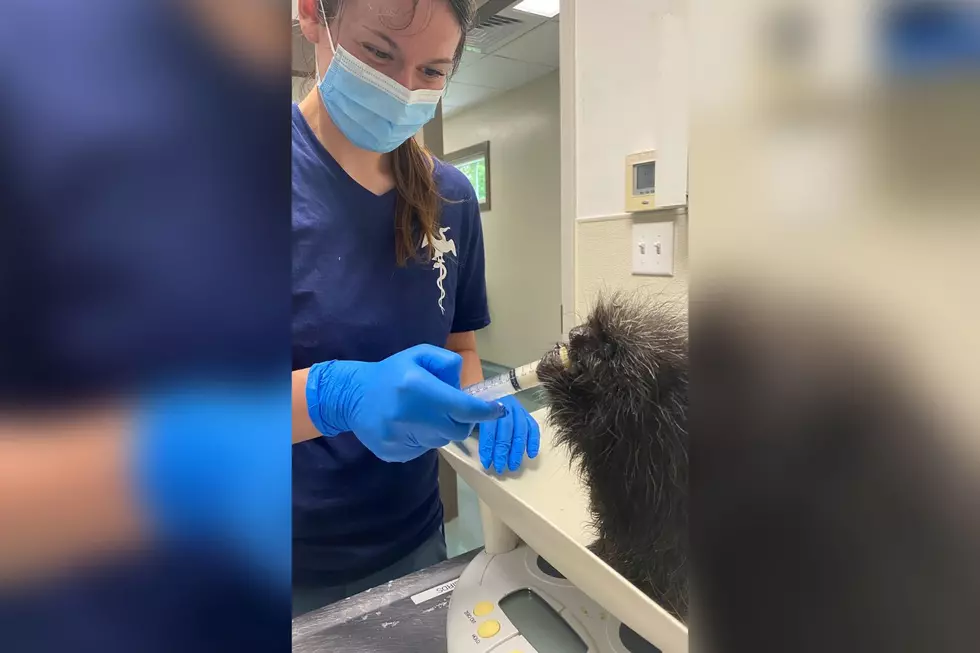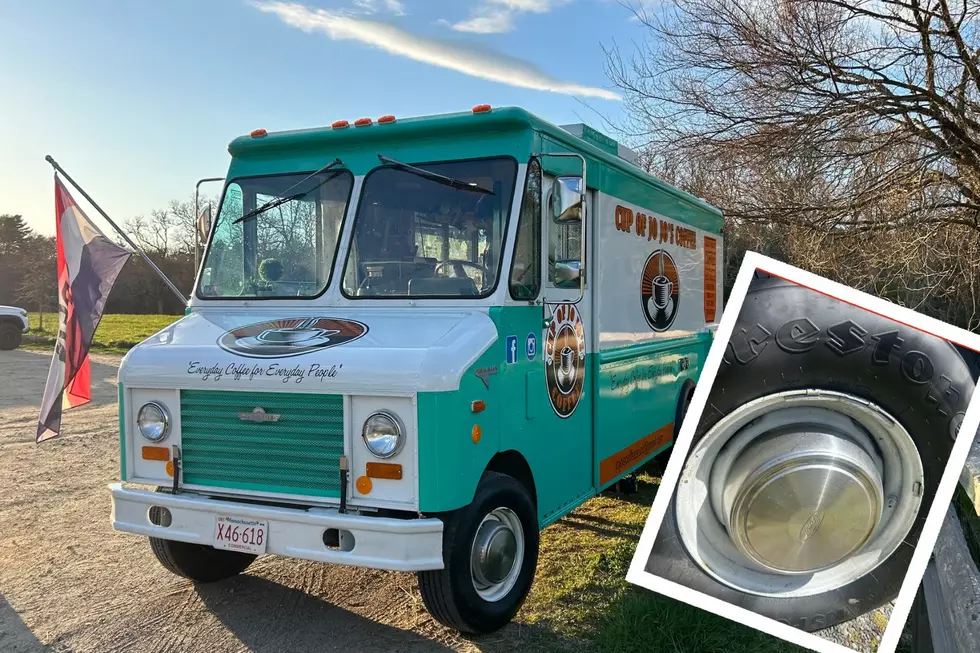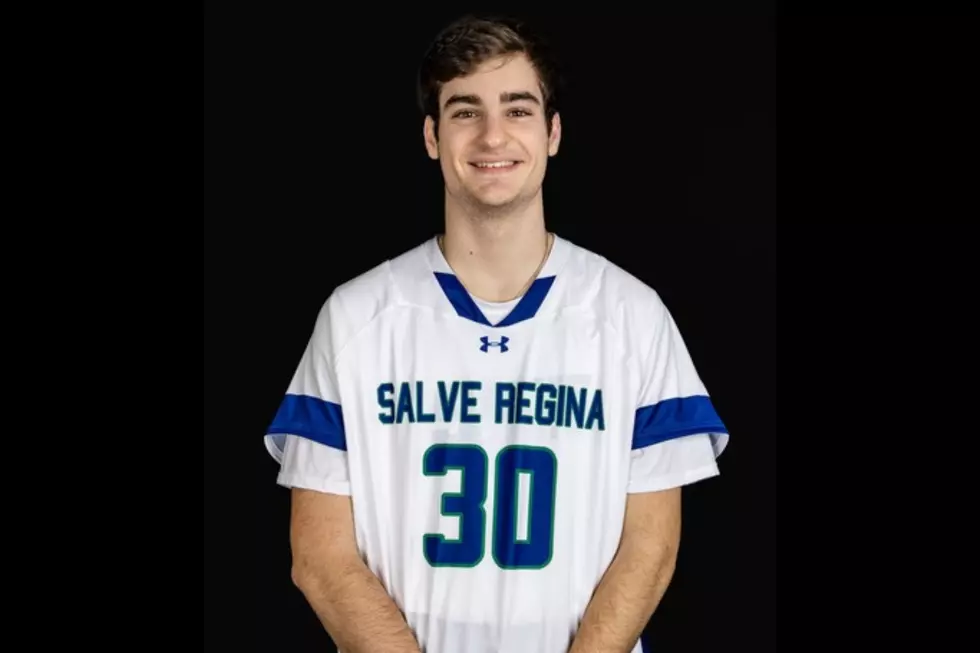
Cape Cod Wildlife Center Reaches All-Time Record for Most Patients
The Cape Cod Wildlife Center recently announced it has reached a record number of patients receiving care in the facility.
From porcupines to coyotes to owls, the Cape Cod Wildlife Center is running a full house with over 200 animals in need of care at one time.
"We believe it's due to a number of different factors," Executive Director Zak Mertz said of the uptick. "People are active in their yards and on the roads again; a productive year for a number of local species; and a recent outbreak of avian influenza."

Mertz added: "The average patient stay is somewhere between 25 and 40 days but many of the orphans and young patients we take in this time of year start with us much longer."
The center has about 15 members on its veterinarian team as well as volunteers and undergraduate interns.
With that many animals in one place, you better believe they are in need of supplies now more than ever. The center is taking monetary donations of any value but also has an Amazon wish list, which includes items such as puppy pads, cat food and a portable generator.
If you have found a wild animal in need of help, or have questions about wildlife, natural history, or habitat, call the center's wildlife hotline at (508) 362-0111
Ipswich River Wildlife Sanctuary Visitors Can't Stop Raving
LOOK: Here are the pets banned in each state
More From WFHN-FM/FUN 107









